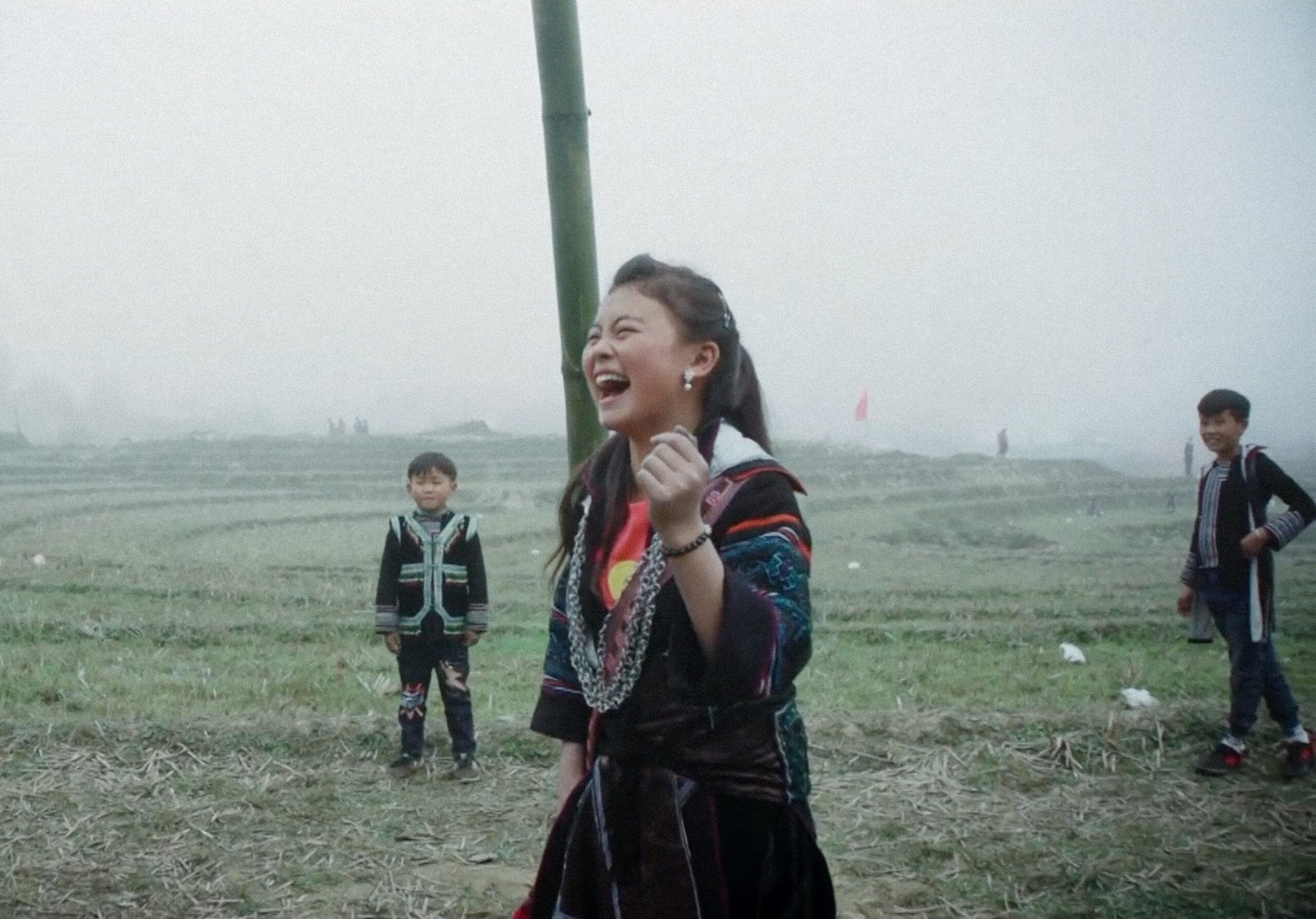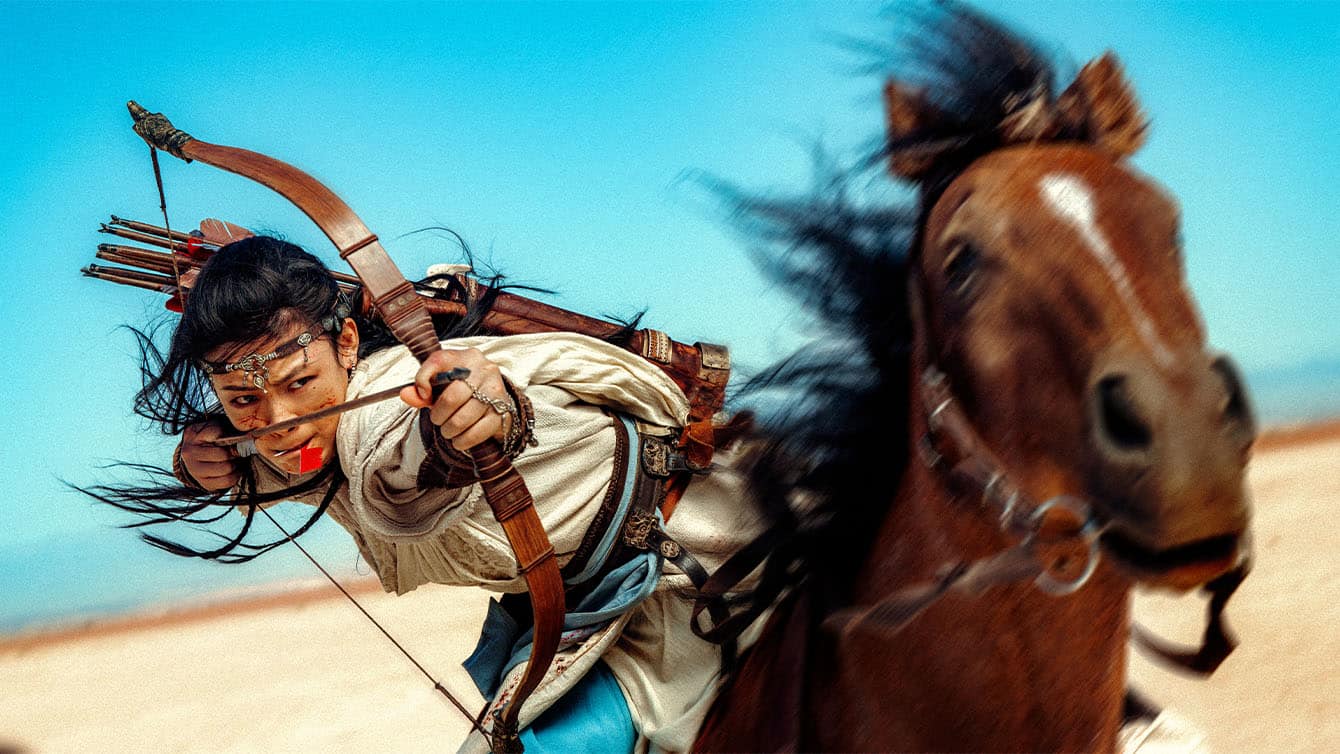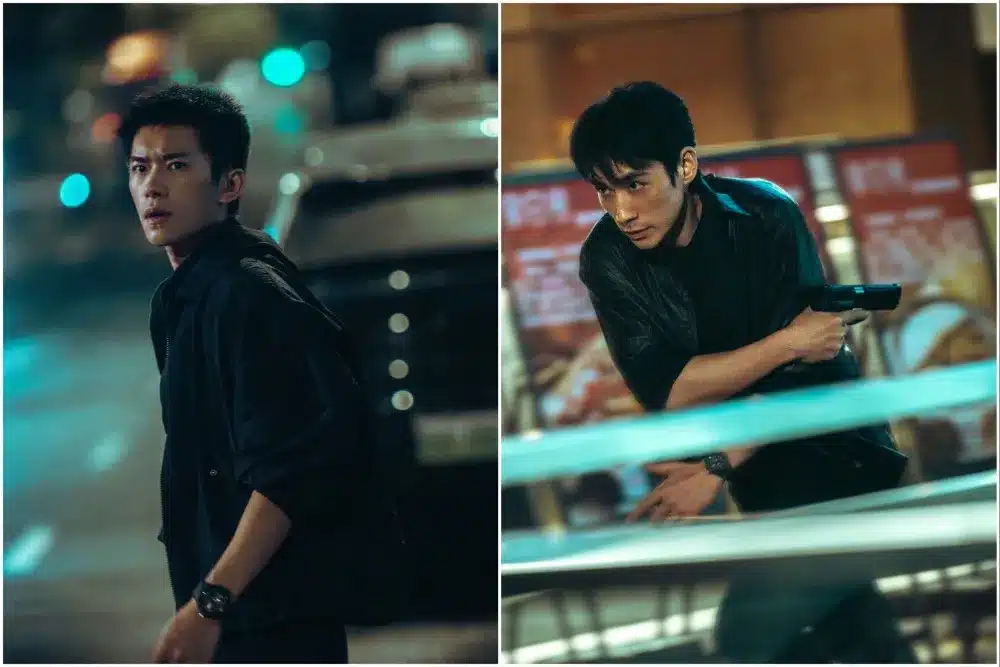Spoiler Warning: This review discusses key events in the film Children of the Mist.
Children of the Mist, Ha Le Diem’s quietly forceful documentary, recently played at Rich Mix in London as part of the Star Nhà Ease festival. It offers a piercing, intimate look at the life of Di, a young Hmong girl in the misty mountains of northern Vietnam. This film isn’t simply about a specific cultural practice. It’s a profound exploration of childhood lost, the weight of tradition, and one girl’s unwavering push for a different path.

A Childhood Under Threat
The film introduces us to Di when she’s 12, full of life, attached to her smartphone, and navigating the usual pre-teen interests like boys and school. But in her remote village, life isn’t simple. Girls her age face the shadow of “bride kidnapping,” a Hmong custom where a boy can take a girl to force marriage. This practice, despite being illegal in Vietnam, shapes the lives of young women in her community. We learn that her parents met this way, and her older sister was married at 14. Women in the community also handle most of the demanding farm work and housework, while the men often spend their days drinking.
Read more: Star Nhà Ease Returns: Vietnamese Cinema Season 2 Explores Đổi Mới Era
Di’s determination to continue her studies and choose her own future is clear. You see her wrestle with these competing forces. Her phone, a symbol of the modern world, connects her to friends and broader ideas about women’s rights, yet she is still very much entrenched in her village’s centuries-old customs. Diem captures this struggle with a remarkable closeness, letting Di’s vibrant personality shine through, even as the stark realities of her environment loom large.
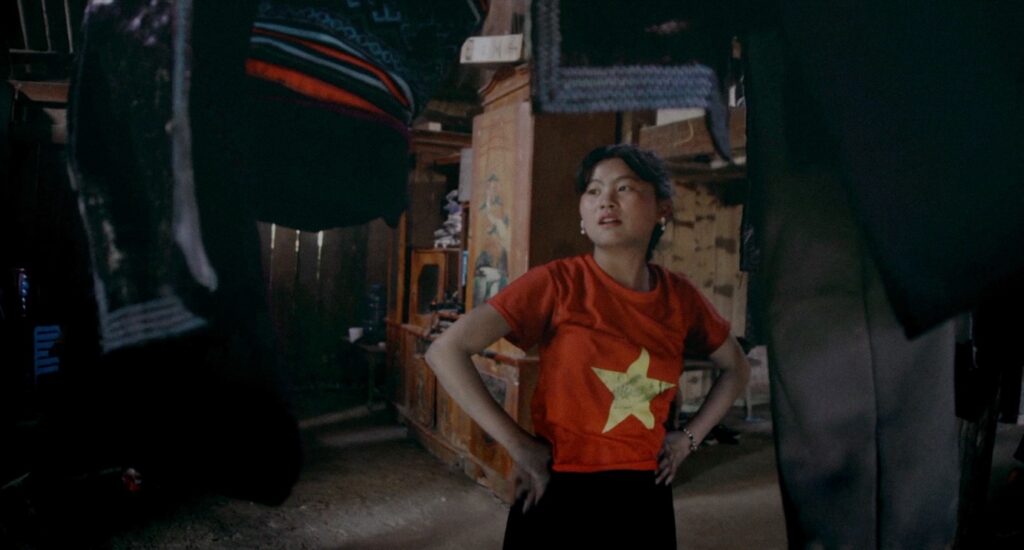
A Moment of Crisis
The film builds towards Lunar New Year festivities, a traditional time for these “bride kidnappings.” Di, with a mix of curiosity and perhaps a hint of naiveté, is carried off on a scooter by a boy named Vang. Her mother, weary from her own difficult experiences with forced marriage and domestic abuse, has cautioned her repeatedly. But Di goes. What follows is not a straightforward story of victim and aggressor. Diem carefully shows the confusion and limited choices on both sides. Vang himself, barely a teenager, admits, “I don’t know why I kidnapped her, i am still a child.”
The film becomes especially intense as Di’s disappearance triggers a tense period of negotiations between the two families. Matters of dowry, obligation, and family honor take precedence over the desires of the children involved. Diem’s camera stays close, often placing us right in the middle of these raw, difficult conversations. You feel the immense pressure on Di, pulled between households, her body at times a literal object in a tug-of-war, even as her mind remains stubbornly her own.
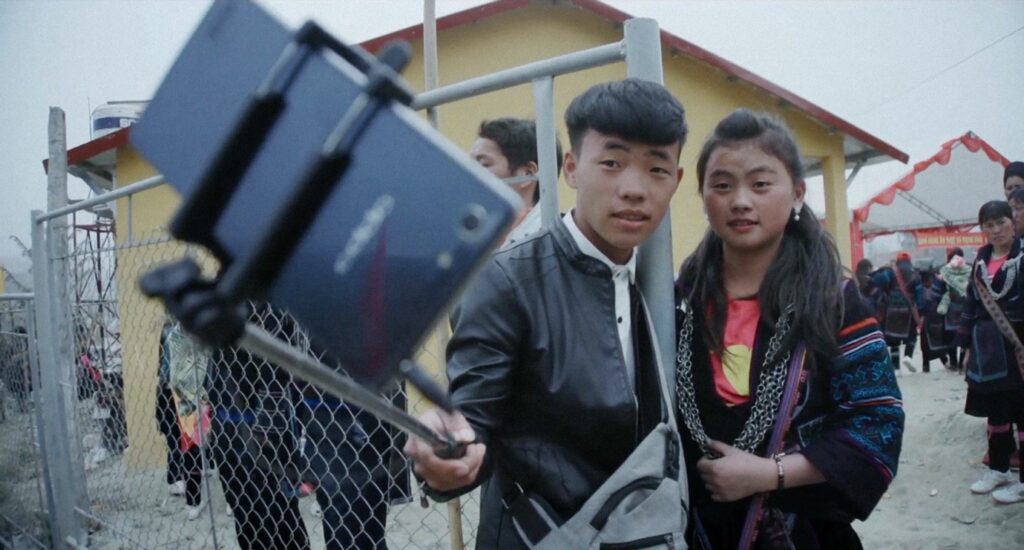
The Filmmaker’s Connection
Ha Le Diem, the director, grew up in the mountains of Northern Vietnam herself, part of the Tay ethnic group. She explains that her childhood memories, including two close friends facing early marriages, deeply informed her desire to make this film. She met Di playing with friends in the mountains, a poignant reminder of her own past. The connection between filmmaker and subject here is unusually strong. Diem’s initial observational approach shifted as she became more involved, the camera becoming a tool to record Di’s transformation and, at times, a protective shield. She admits, “In a way, Children of the Mist is also the story of my relationship with my protagonists.”
This personal involvement is most evident in a profoundly unsettling scene where Di is dragged, kicking and screaming, from her home. Diem, from behind the camera, attempts to intervene, reasoning with the kidnappers, only to be pushed away. She later tells Di she didn’t anticipate the tradition could be so brutal. This decision to keep such moments in the film, to show the filmmaker’s own emotional and physical response, challenges the idea of documentary neutrality. It makes the film more than an ethnographic study. It becomes a deeply human encounter.
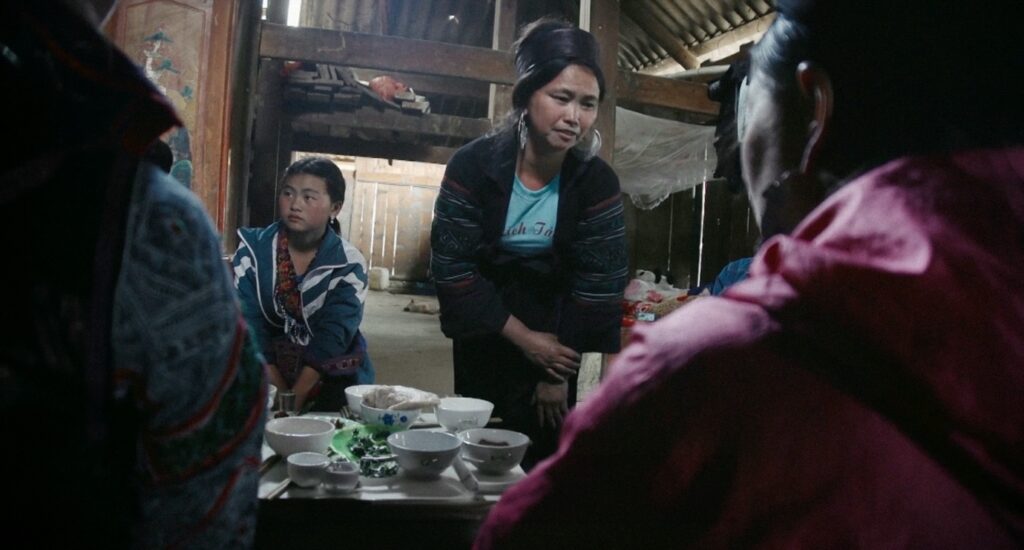
Children of the Mist.The Road Ahead
Children of the Mist doesn’t offer a clean, tidy ending. Life in Di’s community, shrouded often in actual mist, continues with its complexities. The film touches on alarming realities like women’s trafficking and sexual abuse, issues exacerbated by the community’s proximity to the Chinese border. Diem shares that “since I started to shoot, two schoolmates of Di were raped on their way to school. One of them was murdered.” These dark undercurrents highlight the severe dangers young girls face.
Read more: Star Nhà Ease: Vietnam’s Rich Cinema History Gets the Spotlight in the UK
Since filming ended, Di’s life has changed again. Now 19, she is a mother and a wife. She has also started a business with her mother, selling indigo fabric. This outcome shows how life moves forward, often in ways that defy simple categorizations of success or failure. The film leaves you with a powerful sense of Di’s fight for independence, a fight that continues long after the credits roll. It is a reminder that social change is slow, arduous, and deeply personal. It also asks you, the viewer, to consider your own position, watching a world where such fundamental freedoms are constantly at stake.

